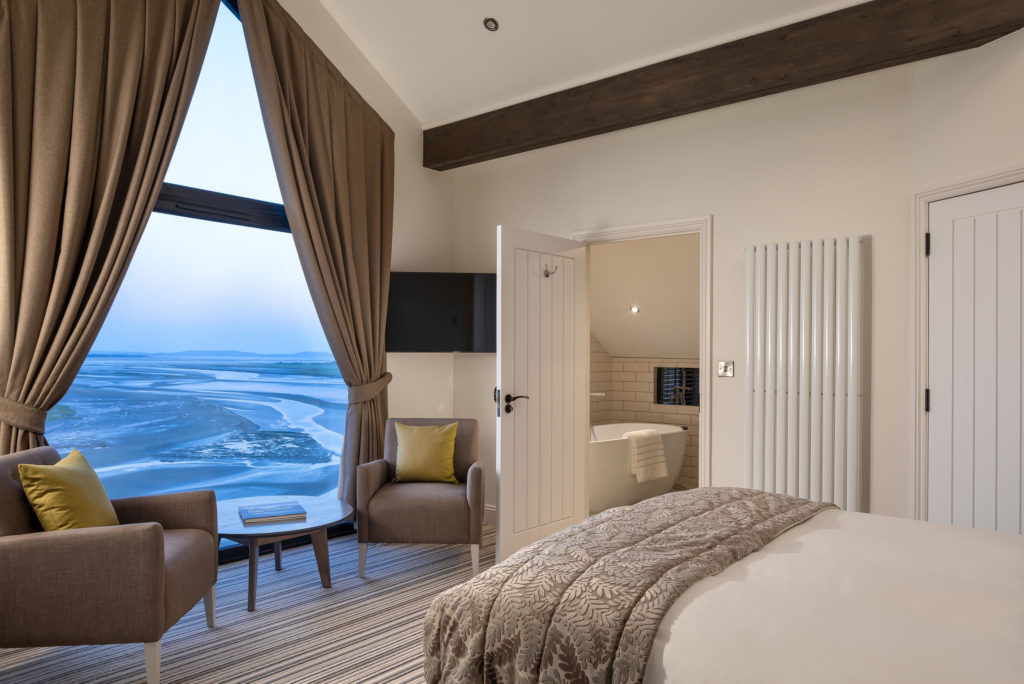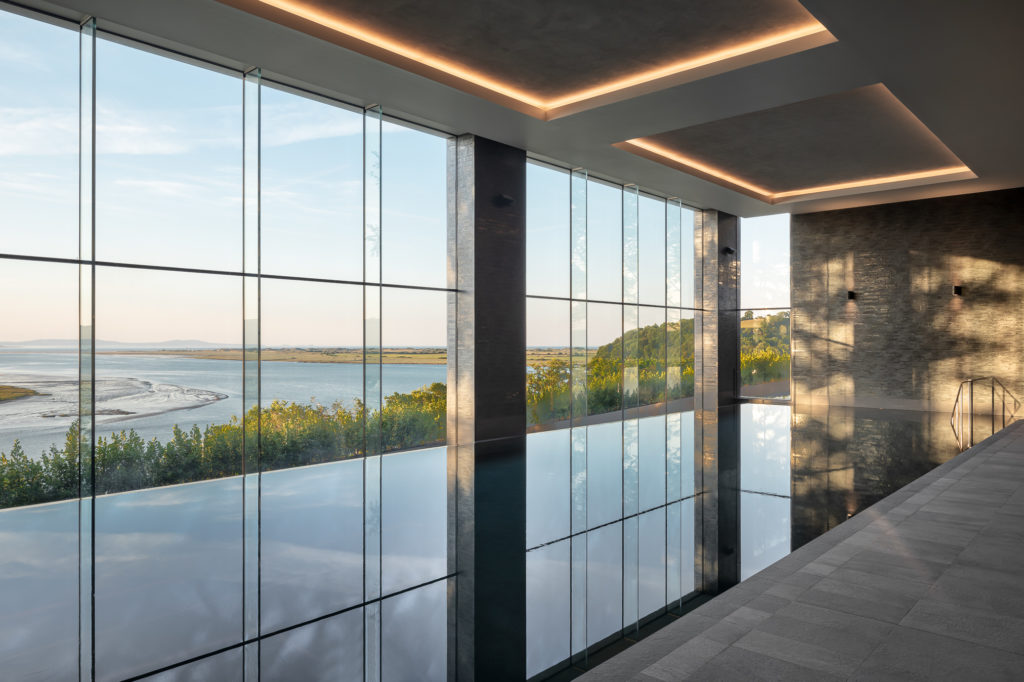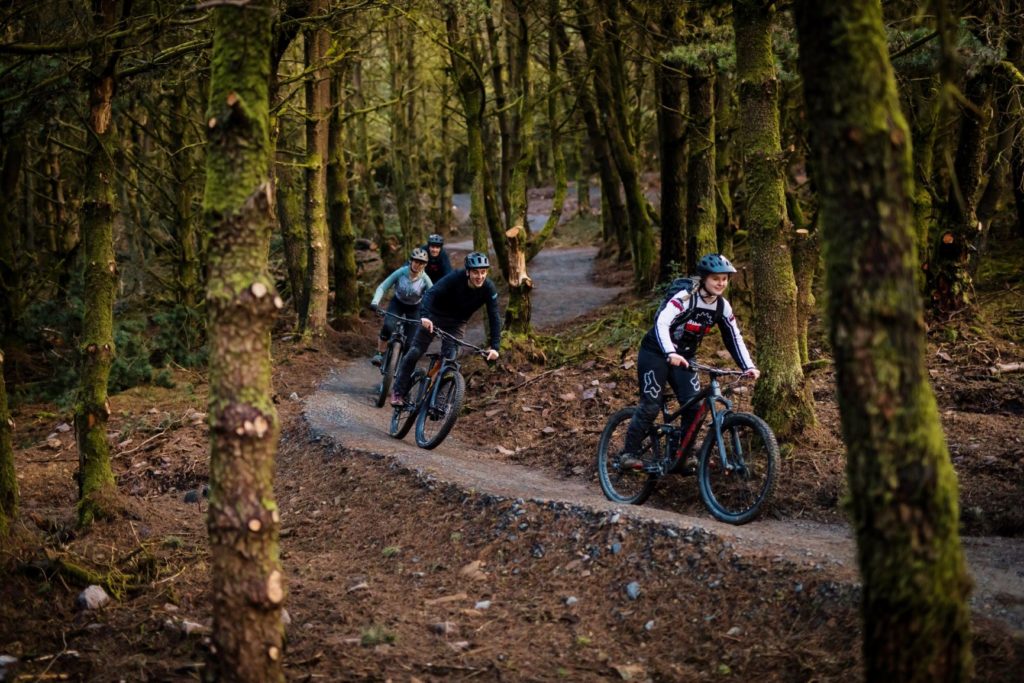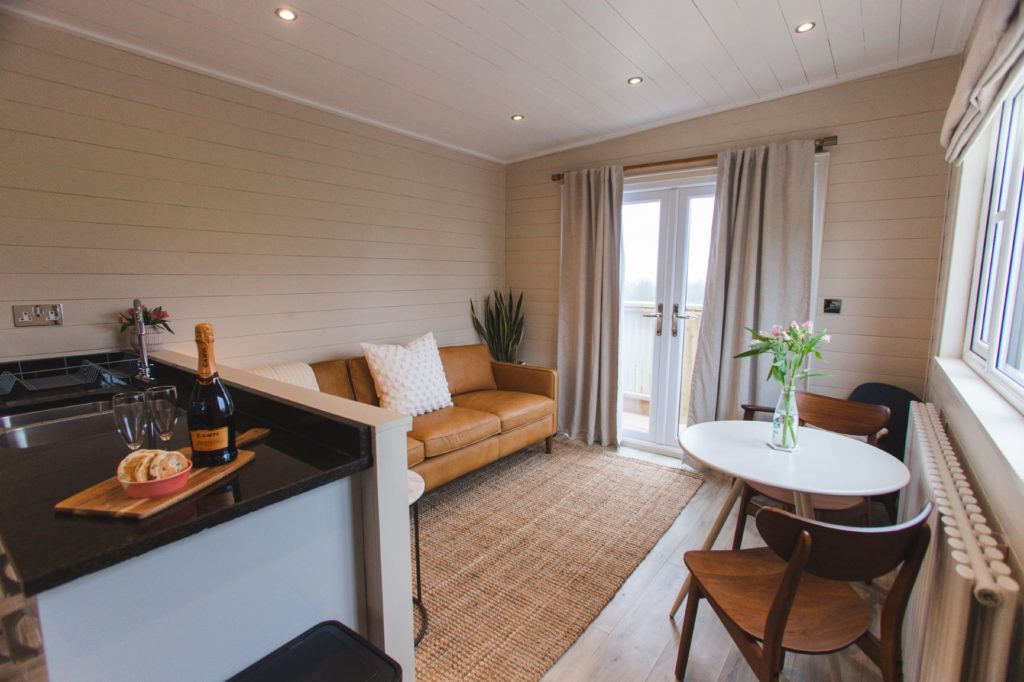The tourism industry in Wales has been hit hard by the pandemic, but some businesses remain optimistic as they adapt and grow to survive

The Welsh tourism industry is showing its resilience by investing in its future, despite experts claiming it will face dire consequences if it cannot reopen by Easter. North Wales Tourism chief executive, Jim Jones, argues it is “crucial” the industry can reopen as businesses have spent heavily to become Covid-secure, warning of job losses and closures.
The Welsh economy faced a £6bn hit from tourism closures in the first ten months of 2020, with 100m fewer visitor days compared to 2019, according to statistics from Scarborough Tourism Economic Activity Monitor (STEAM) reported in Business Live.
However, industry insiders are optimistic about the future of Welsh tourism, with encouraging investment taking place across various areas of the sector.
According to Frank Marr, managing director and co-founder of A Marr & Associates, a marketing agency that works with a range of tourism businesses in Wales, while the industry will be badly hit by the pandemic, it will recover. He believes businesses that can digitalise, build and maintain audiences, and adapt will be the future of the tourism industry.
From established luxury resorts to small family businesses, the tourism industry remains hopeful, having evolved to cope with the impact of the pandemic, and ready to invest in its future.
The high-end resort investing in luxury

Luxury Lodges, a series of high-end lodge resorts across the UK, was initially hit hard by the pandemic. “We’ve had to close all four resorts since last March, which came as a body blow – as it did for everyone within hospitality – which has been devastated more than any other sector by the pandemic,” said founder and owner Sharon Hurley.
However, the company used this opportunity to revamp one of its Welsh locations, Dylan Coastal Resort in Laugharne, Carmarthenshire. It invested £20 million in improving this resort and launching the £7 million Milk Wood House Spa.
They were able to open this facility briefly to excellent feedback in the summer but have found it “frustrating” having to open and close again since then, especially considering the efforts they have put into becoming Covid-safe.
“Our teams have been relentlessly preparing our resorts in readiness for re-opening, which, frustratingly, was postponed and postponed again,” said Sharon.
Our teams have been relentlessly preparing our resorts in readiness for re-opening, which, frustratingly, was postponed and postponed again
To increase their revenue while normal services are closed, they have launched The Residences, which allows customers to buy hotel-standard lodges as holiday homes. Sharon Hurley said this makes her business “ideal” for the post-Covid industry as it provides flexibility and safety for holidaymakers.
Sharon expects high demand for staycations after the pandemic restrictions are eased, while tourists remain cautious about travelling abroad. “We are already receiving unprecedented interest in our resorts as people look to holiday in the UK this year,” she said.
However, she worries it will be hard to plan for future guests without clarity from the government about how and when restrictions will be lifted, arguing this information will “shape the future of the entire tourism industry.”
The bike park making cycling accessible to everyone

For Bike Park Wales, the pandemic could not have arrived at a worse time, with the first lockdown putting several large construction projects on hold.
The downhill biking park in the forested hillsides of Abercanaid, Merthyr Tydfil, was left in a catastrophic financial position after heavily investing in new facilities to be left with practically no revenue.
“Financing has been a huge challenge for us but fortunately we have a very understanding bank who believe in the business and has allowed us to borrow to survive,” said founder and director Martin Astley. The company was also able to take advantage of the furlough scheme and received grant support from Welsh government.
This funding allowed them to invest in excess of £1 million to finish their developments, with a new visitor centre, expanded car park, four new trails and some landscaping and native planting schemes set to be complete by late March.
“Customers won’t recognise the place when they come back, I can’t wait for them to see it!” said Martin.
The business is optimistic for the future when they are allowed to reopen. “Once we are allowed to open, I think we will have an amazing season, our bike park is going to be incredible and for the first time ever suitable for riders of all abilities,” said the founder.
Once we are allowed to open, I think we will have an amazing season, our bike park is going to be incredible and for the first time ever suitable for riders of all abilities
Martin believes the strength of their product and the commitment of the team will allow them to survive and thrive in the future, and he believes the obstacle they have faced has improved their business.
He said, “It’s been a gargantuan challenge under very stressful conditions but I’m so proud of our team, how we’ve faced the challenge, adapted and survived. We’ve learnt a lot, some of which will change the way we operate forever.”
The family farm diversifying into hospitality

When you think of tourist spots in North Wales, Flintshire is not the first to come to mind. Despite their unconventional location, Trelan Farm made the decision to diversify its family farming business with glamping facilities 18 months ago, in order to prepare for the future.
Overlooking 140-acres of farmland, the glamping cabin is a quirky edition to the Welsh countryside, made out of an upcycled shipping container, complete with an outdoor bubble bath.
The business “hit the ground running”, according to owner Catherine Davis, but not long after they opened, they were forced to shut, as the pandemic hit.
SMEs in Wales, like Trelan Farm, have been significantly impacted by the Covid-19 pandemic, according to a recent report published by Economic Intelligence Wales, which found that SMEs in Wales are less confident about their situation than in other parts of the UK.
However, the family remain “optimistic about the future”, and are looking to expand their glamping provision.
They have just received their second cabin, built by a local farmer using a chassis from a steelworks, in collaboration with a sustainable furniture company.
For Catherine, sustainability is at the heart of their business: “It’s not something we do to jump on a trendy bandwagon, farms get a bad rep, but they really are the custodians of the countryside.”
They chose not to use hot tubs due to their environmental impact, instead deciding on an outdoor bath with a view, which has become the unique selling point of their glamping experience. They are also working with North Wales Wildlife Trust to plant wildflowers, which improves the biodiversity of their land as well as creating beautiful scenery.
They have begun planning for two new glamping units, each with a unique reclaimed structure, but the process is slow as they are self-funded, and the pandemic has taken a financial toll.
Catherine believes that their investment will pay off when they can reopen however, having made effort to communicate with customers throughout the pandemic. “The businesses that have kept their customers updated on social media and kept engaging will do well,” she said.
The businesses that have kept their customers updated on social media and kept engaging will do well

When will Welsh tourist businesses reopen?
Mark Drakeford has announced that self-contained accommodation is set to reopen for single households on March 27.
However, it is expected that tourists will not be able to travel into Wales from England until at least April 12.
There are currently no dates for when hospitality and attractions will reopen.
These dates are set to be confirmed later on this week by the First Minister.
